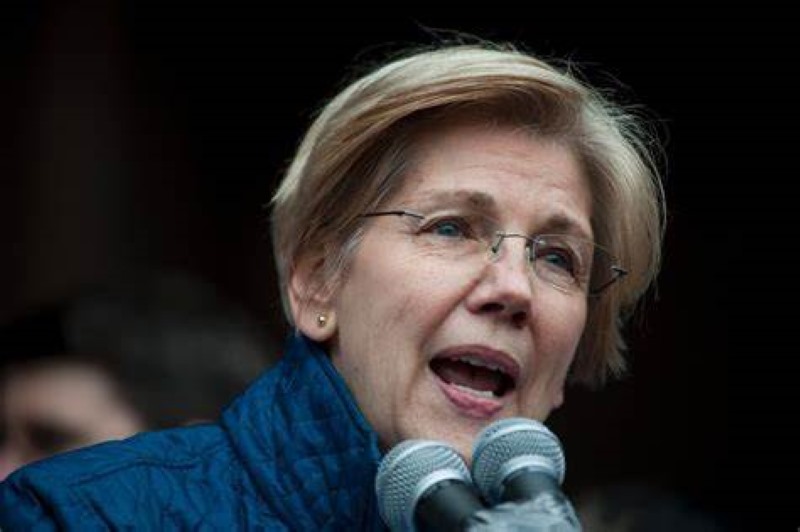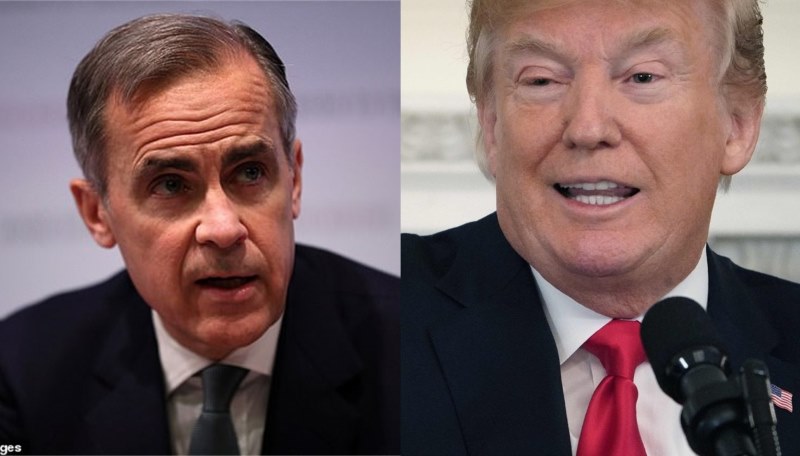Politics
Trump and Carney Seek Consensus After Trade Tensions
Trump and Carney reached consensus, with Trump calling their talk “exceptionally productive,” emphasizing shared priorities. They will resume negotiations after Canada’s April 28 elections. Their discussions will cover governance, trade, and crucial bilateral matters. Strengthening U.S.-Canada relations remains a central focus for both leaders.
Trump Acknowledges Carney as Prime Minister
In his social media post, Trump referred to Carney as “Prime Minister Carney,” moving past his attacks on predecessor Justin Trudeau, whom he used to call “Governor Trudeau.”
Negotiations and Tariff Retaliations
Carney confirmed they will launch “comprehensive negotiations on a renewed economic and security partnership” after the elections. However, he reaffirmed that his government will impose retaliatory tariffs in response to U.S. levies, which will take effect on April 2, a date Trump dubbed “Liberation Day.”
Market Reaction and Bilateral Talks
Trump’s announcement boosted the Canadian dollar, which reached C$1.4277 per U.S. dollar. Meanwhile, U.S. Commerce Secretary Howard Lutnick and Canada’s Trade Minister Dominic LeBlanc will intensify discussions to address immediate economic concerns.

Elizabeth Warren A Key Voice in the Democratic Opposition to Trump’s Agenda
Senator Elizabeth Warren has made a significant mark on U.S. politics over the years. Her political career began with a strong focus…
Trade Crisis and Diplomatic Tensions
The leaders’ call came after a 25% tariff was imposed on Canadian automobiles and auto parts, a measure Carney denounced as “a direct attack” on sector workers. Trump has also suggested that Canada could become the 51st U.S. state, further straining diplomatic relations.
Impact on the Canadian Election
Trump’s trade pressures have turned the Canadian elections into a debate over sovereignty and economic independence. Carney holds a slight lead over Conservative Pierre Poilievre, who advocates a “Canada First” policy to reduce U.S. dependence.
Canadian Response and Retaliatory Measures
Canada has already imposed a 25% tariff on U.S. products worth C$60 billion and threatens to expand the list if necessary. U.S. businesses warn of negative impacts on their sales in the Canadian market, increasing economic uncertainty.


